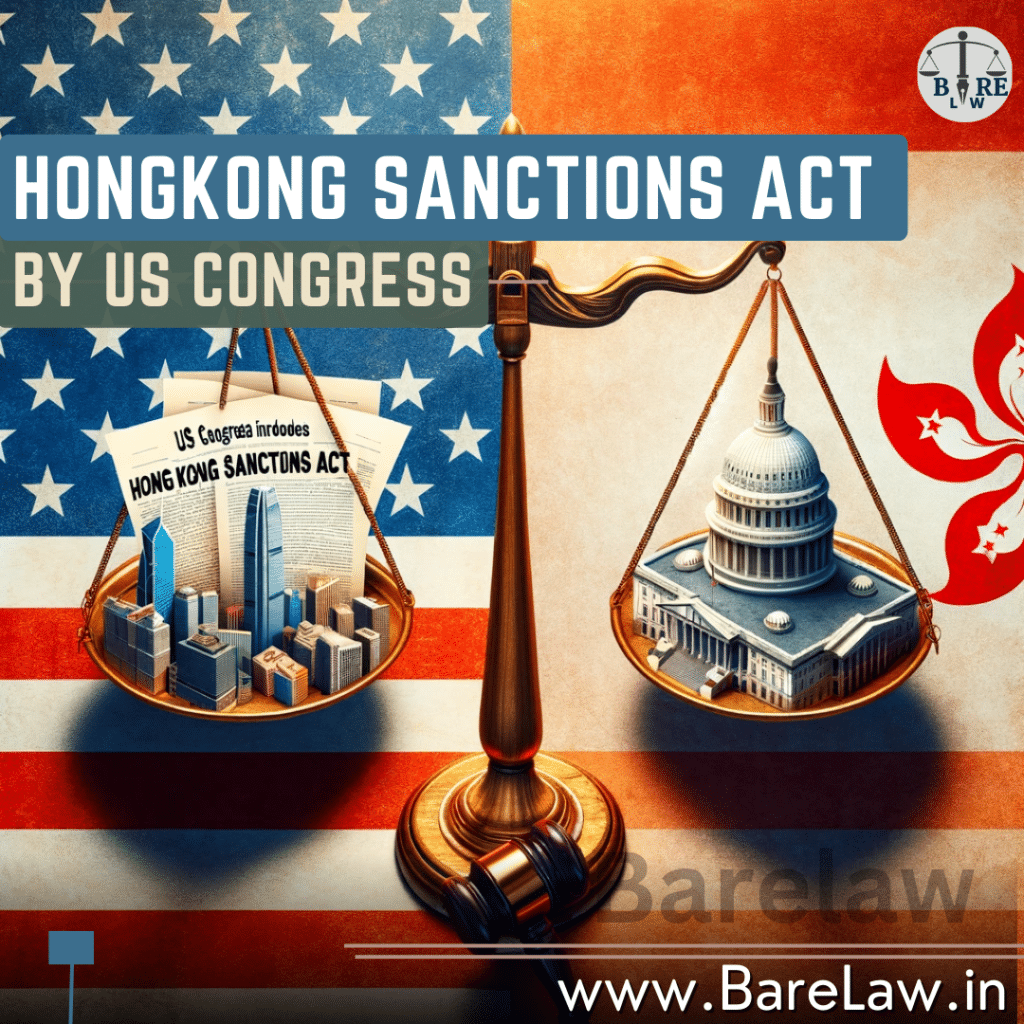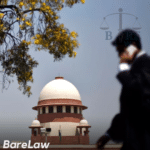
Introduction:
The United States has intensified its scrutiny over Hong Kong’s political affairs with the introduction of the Hong Kong Sanctions Act by three members of Congress, supported by companion legislation from two senators. This bill, echoing the stance of previous acts, may potentially bring a new wave of sanctions against 49 Hong Kong officials, judges, and prosecutors.
US Congress introduces the Hong Kong Sanctions Act
The Hong Kong Sanctions Act comes as a response to the perceived erosion of autonomy and freedom in Hong Kong, following the security law imposition by the Chinese government in 2020. This legislation mandates the U.S. president to assess and decide if sanctions are warranted under the Global Magnitsky Human Rights Accountability Act, the Hong Kong Human Rights and Democracy Act of 2019, and the Hong Kong Autonomy Act.
The named individuals include prominent figures such as the Secretary for Justice, the Secretary-General of the Committee for Safeguarding National Security, and the Chief Justice of the Court of Final Appeal. This move, as Senator Dan Sullivan (R-AK) remarks, targets the judiciary which is accused of becoming a tool in the hands of the Chinese Communist Party (CCP) to suppress civilians.
The invocation of Jimmy Lai’s case by Congresswoman Young Kim (R-CA) illustrates the underlying concerns regarding the increasing influence of Beijing over Hong Kong’s governance and judicial proceedings.
In the midst of these developments, the Hong Kong government has criticized the U.S. actions as interference in its internal affairs, especially in matters pertaining to national security. The judicial branch in Hong Kong defends its independence, maintaining that the judicial system adheres to the principles laid out in the Basic Law and that they execute their duties without yielding to intimidation.
Implications for U.S.-China Relations:
This proposed legislation signals a new chapter in the complex relationship between the United States and China. If implemented, these sanctions could have significant diplomatic repercussions and exacerbate the tensions between the two superpowers. Moreover, they could have an impact on Hong Kong’s international financial status and its role as a global commercial hub.
Conclusion:
The introduction of the Hong Kong Sanctions Act is a clear message from the U.S. regarding its stance on Hong Kong’s autonomy and human rights issues. However, the reactions from the Hong Kong government and judiciary showcase the complexities and sensitivities involved in international politics and the governance of the semi-autonomous region. As this narrative unfolds, the world watches to see if these sanctions will come to pass and what the international ripple effects might be.





